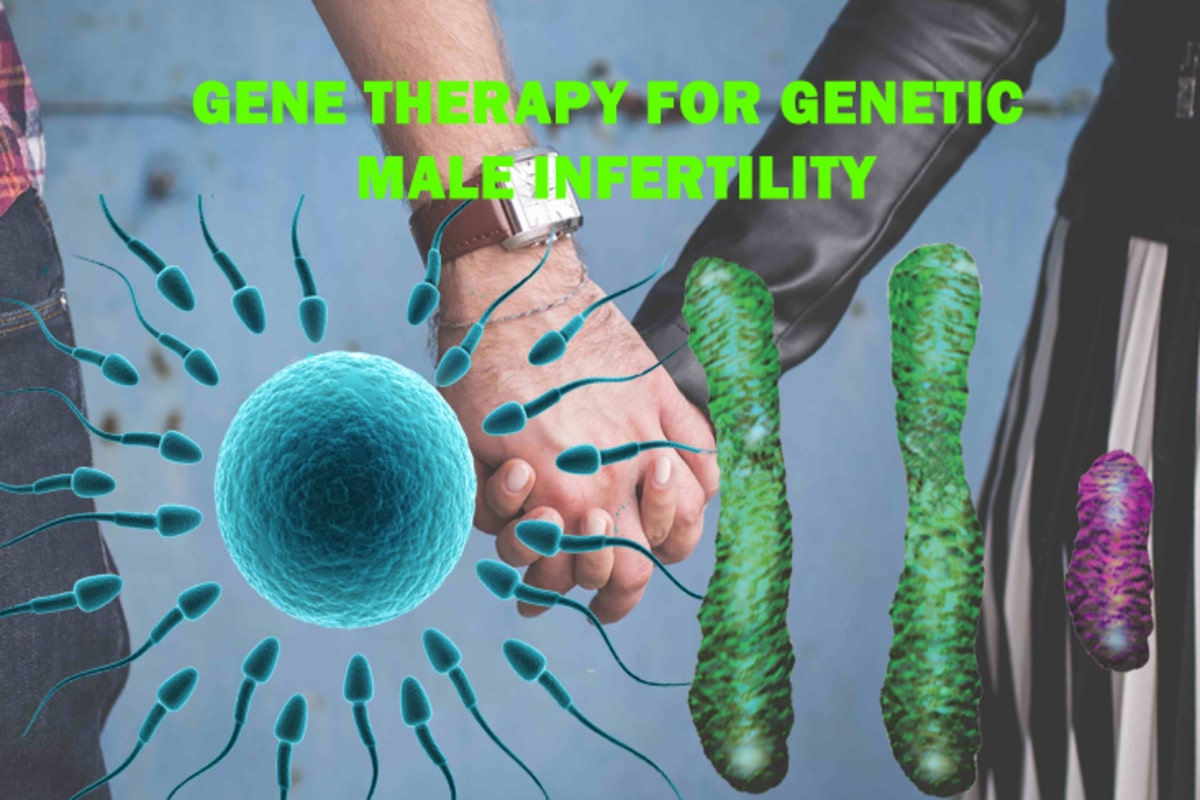Male infertility refers to inability of a man to cause pregnancy in a fertile woman. Though there are many causes for this infertility such as low sperm count, and hormonal imbalances, but common cause of this infertility in man lies in genetic defects.
Generally X and Y chromosomes are responsible for the sex determination. It is well known that combination of two X chromosomes (XX) results in baby girl, and combination of one X and one Y chromosomes (XY) results in baby boy. Observations from several investigations reported that one in 500 men will possess an extra X or Y chromosome, and this extra chromosome will interrupt the formation of mature and active spermatozoa and this condition is referred to Klinefelter syndrome (XXY) or double Y syndrome (XYY).
Considering the research work published in the journal Science, researchers at Francis Crick Institute in London, in collaboration with the University of Kyoto (Japan) has developed a new technique and experimented in mice.
In this study, researchers collected small tissue fragments from the XXY and XYY mice and developed fibroblasts which then converted to stem cells, and in the process of conversion, some of stem cells lost the extra sex chromosome. In the laboratory chemical signals were employed to convert these new stem cells to mature spermatozoa, and created mouse pups through assisted reproduction. This technique is at preliminary stage, but offers a potential approach to overcome genetic cause of male infertility.

